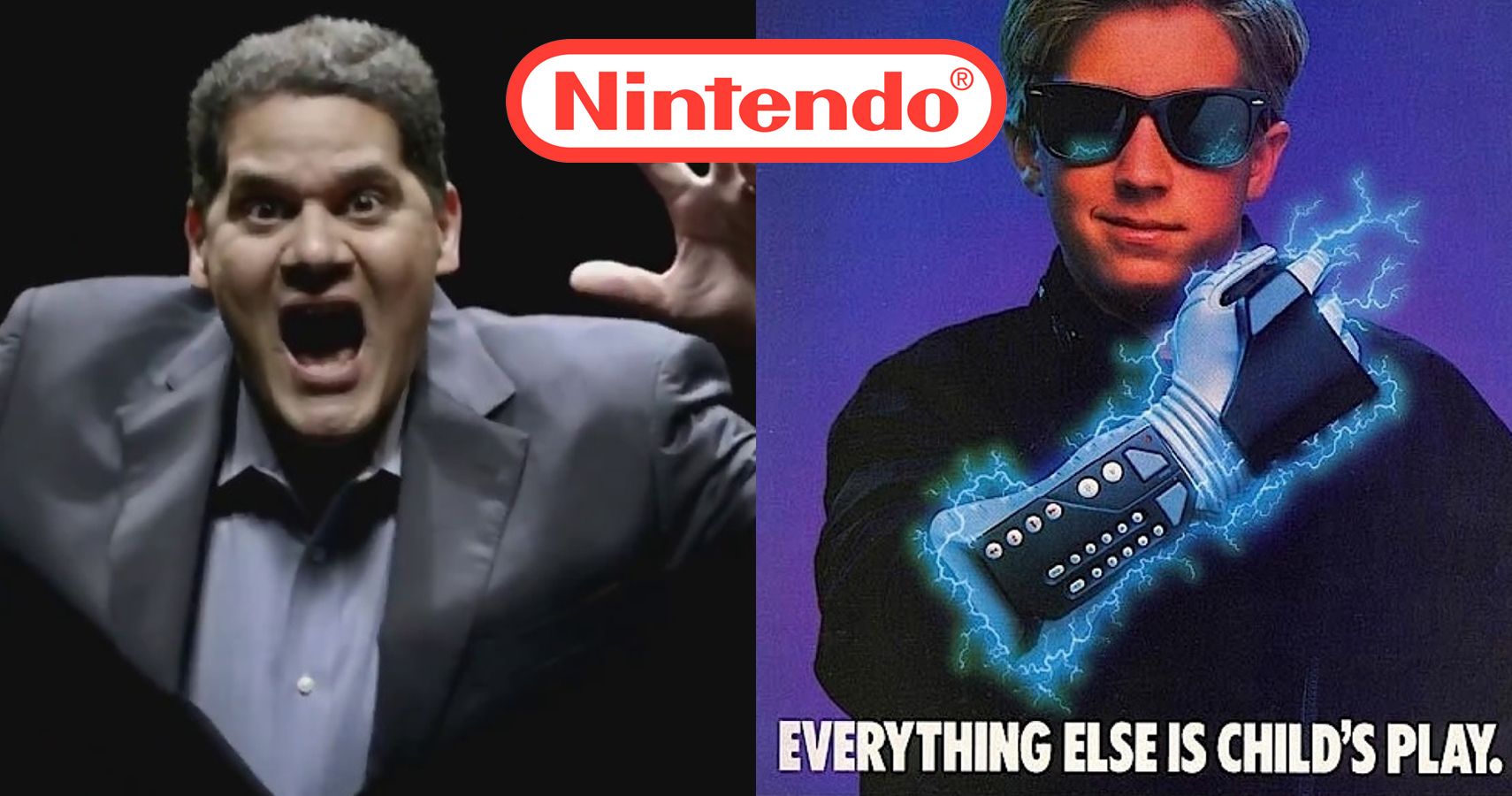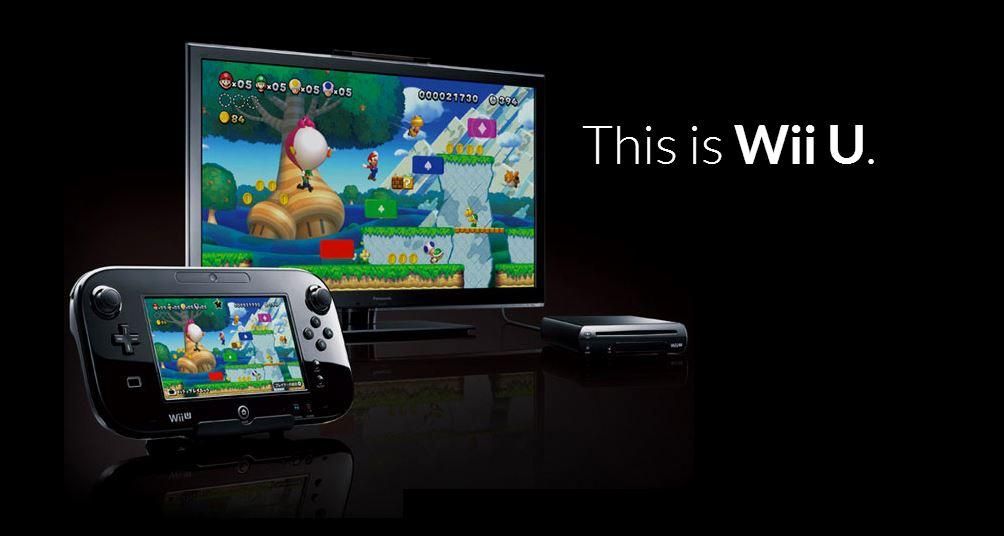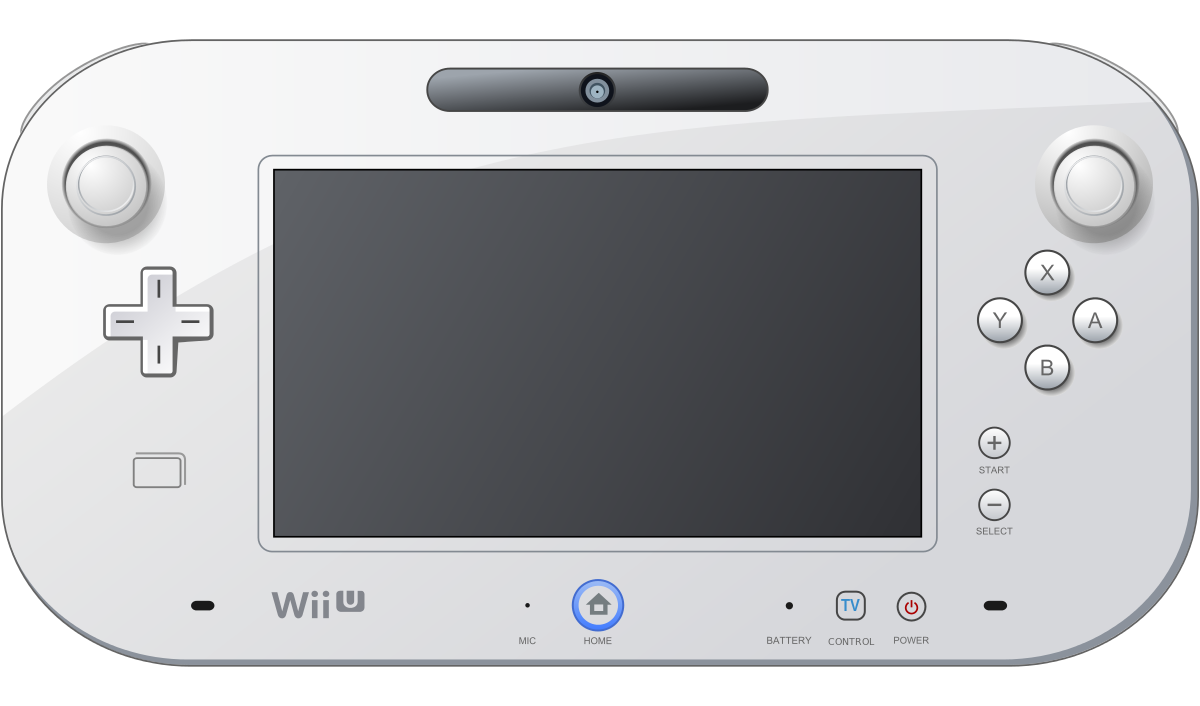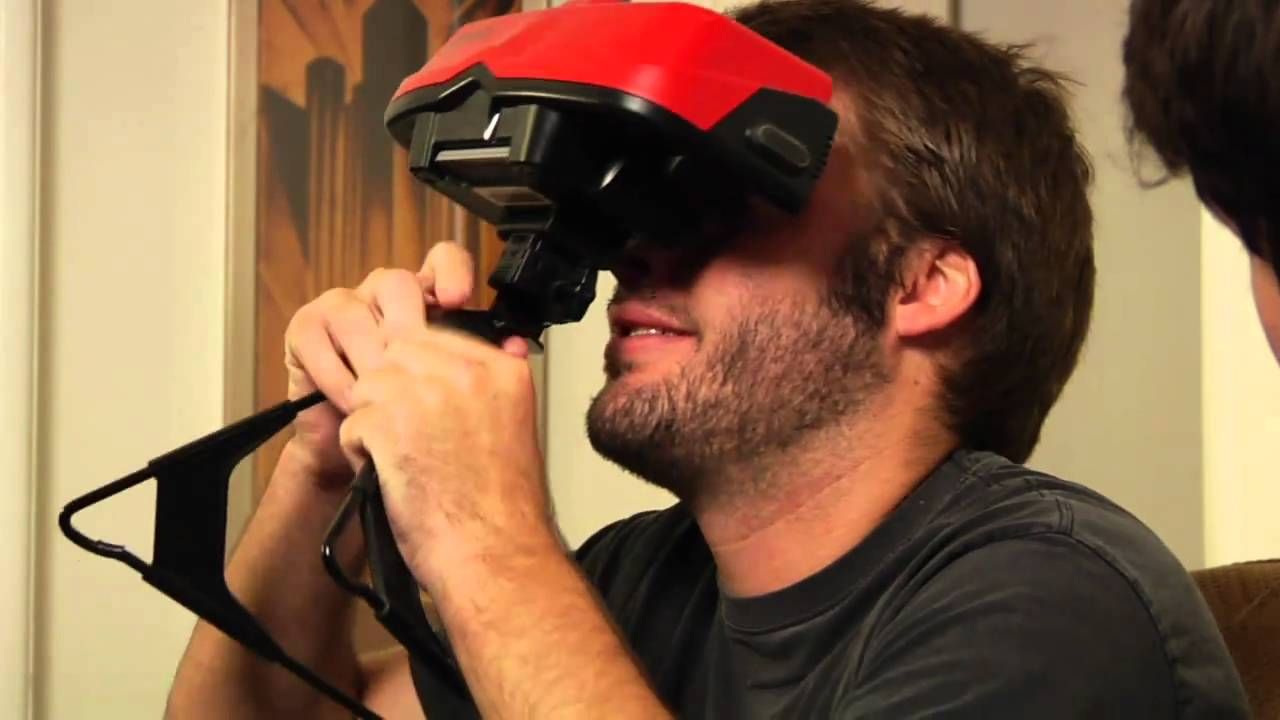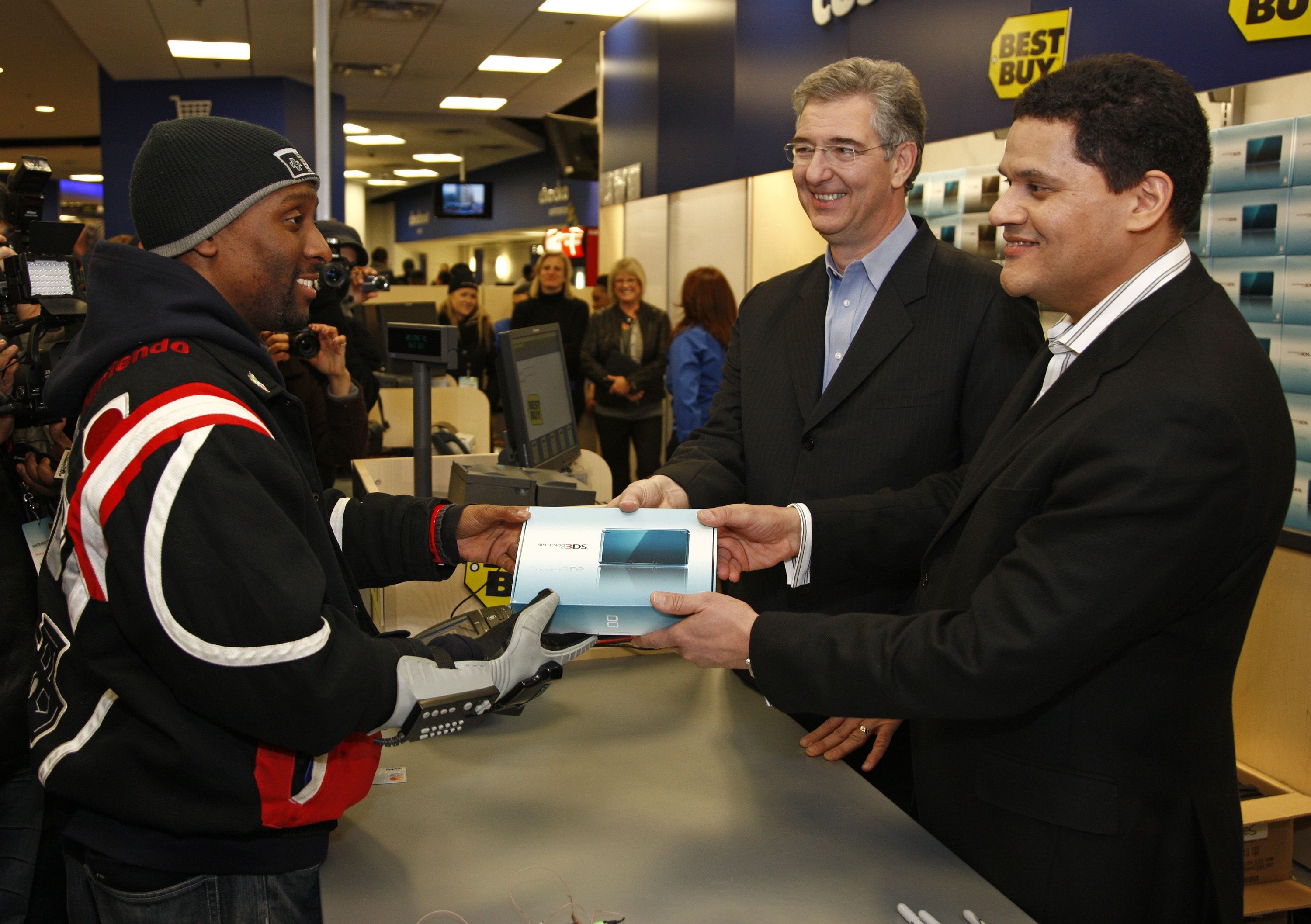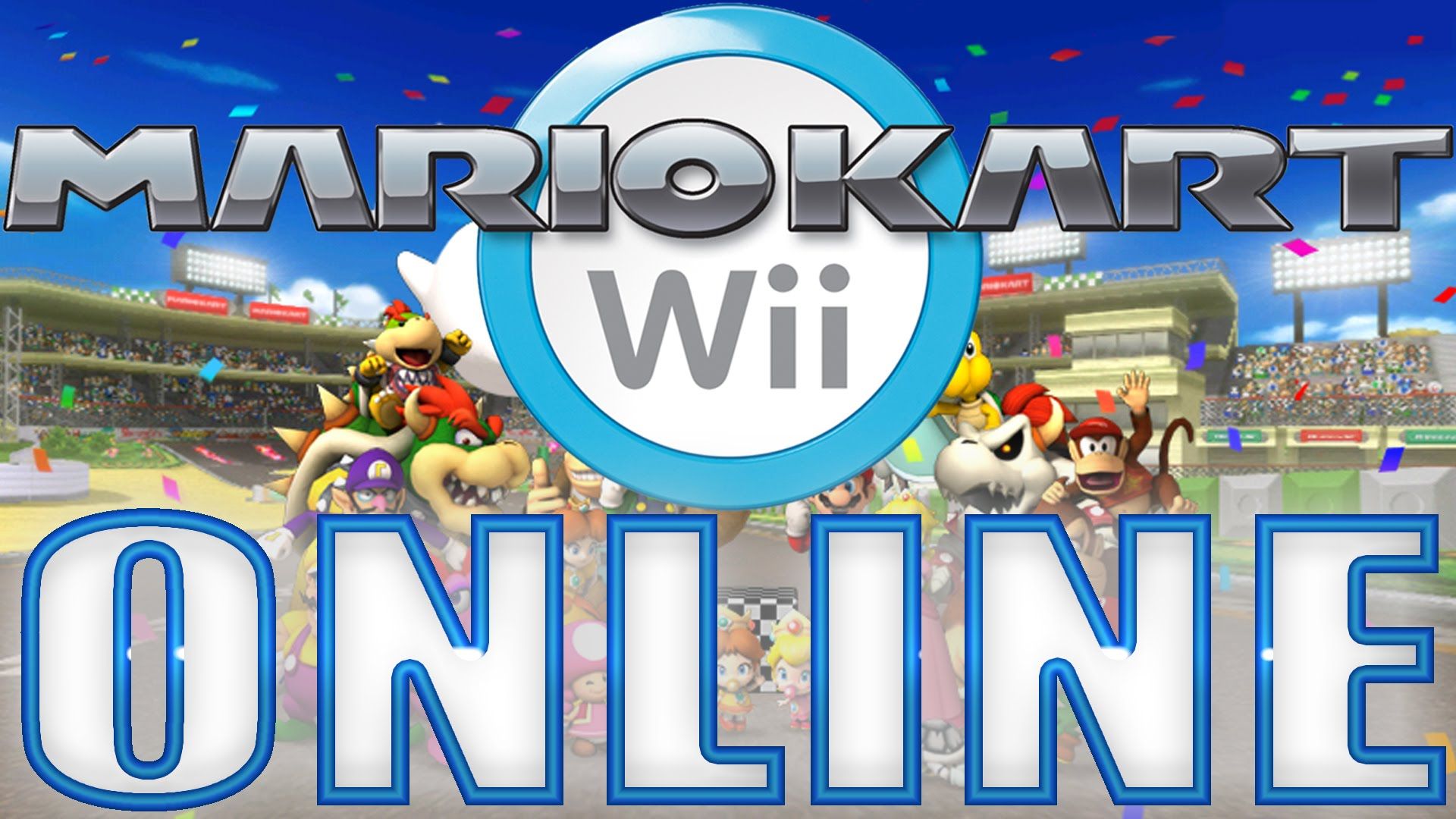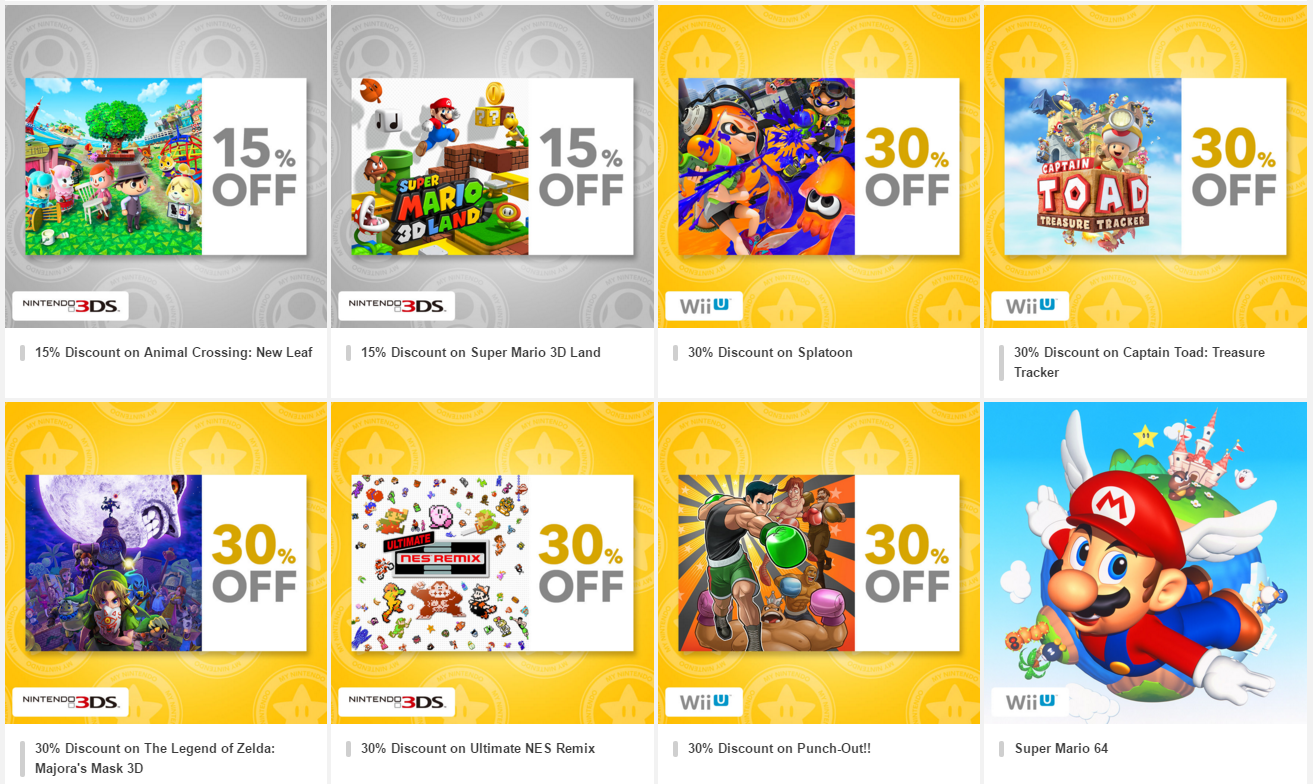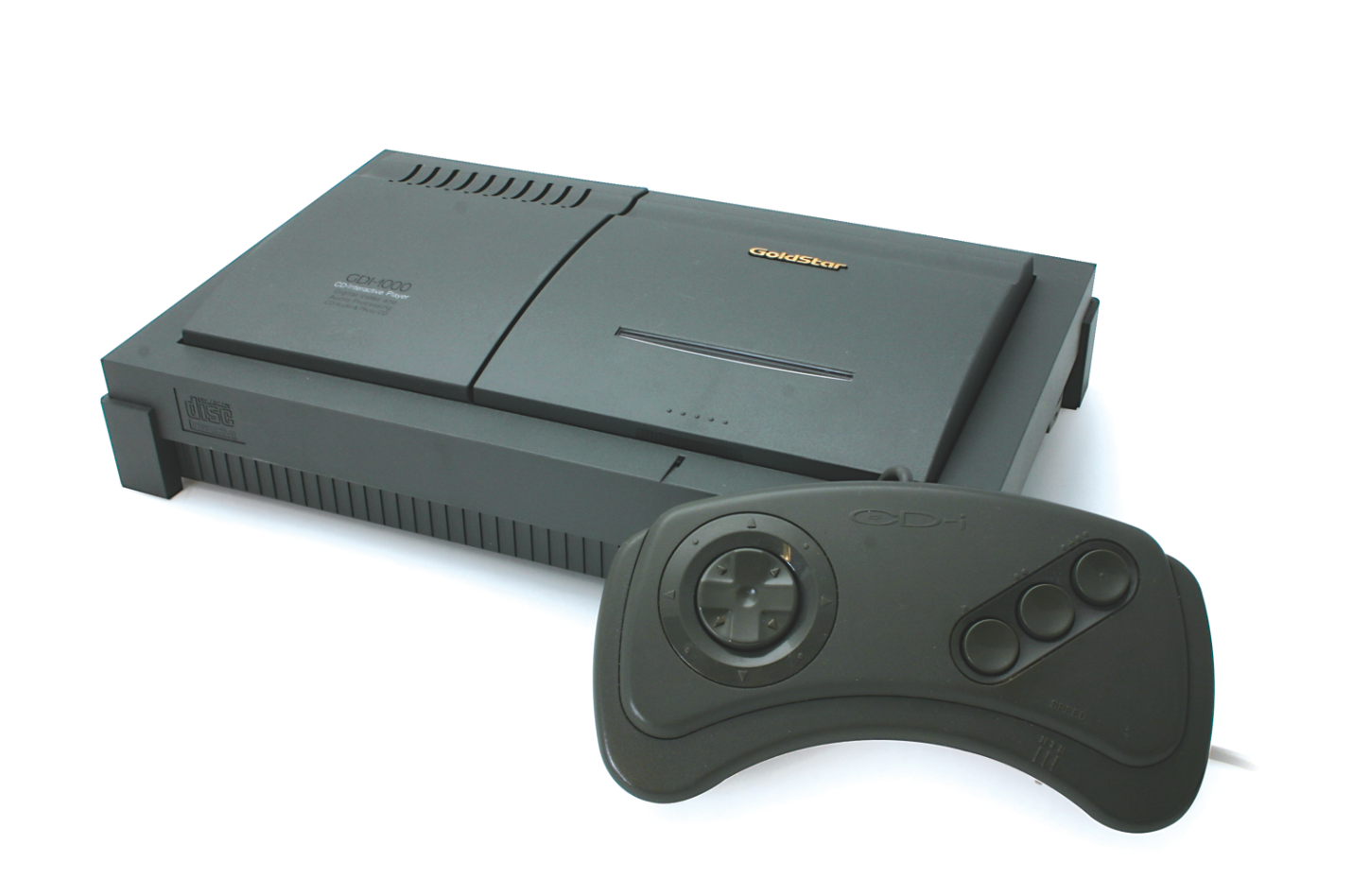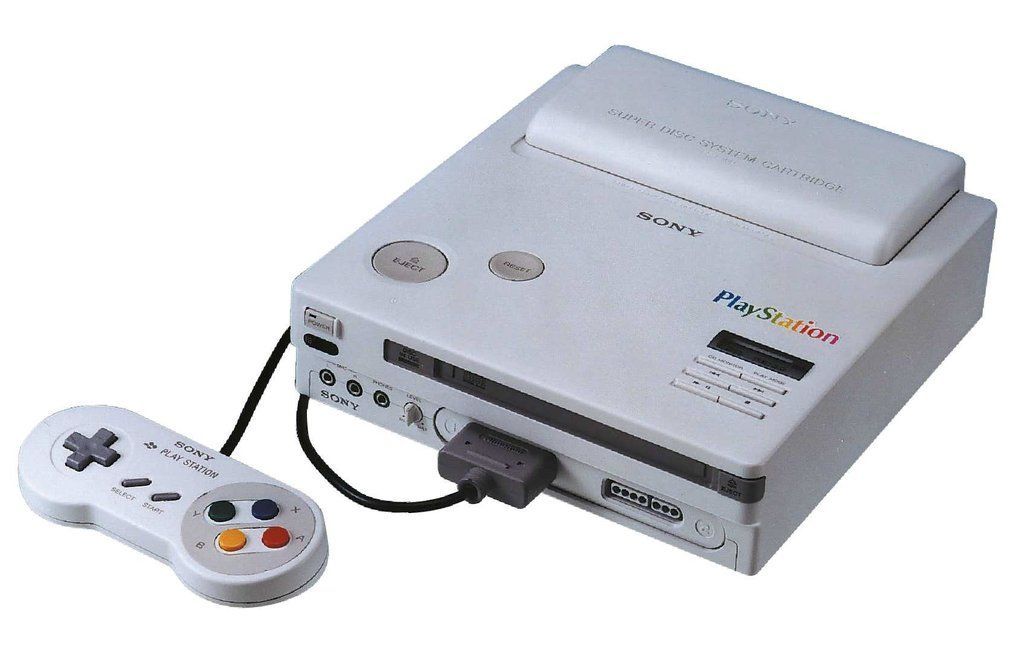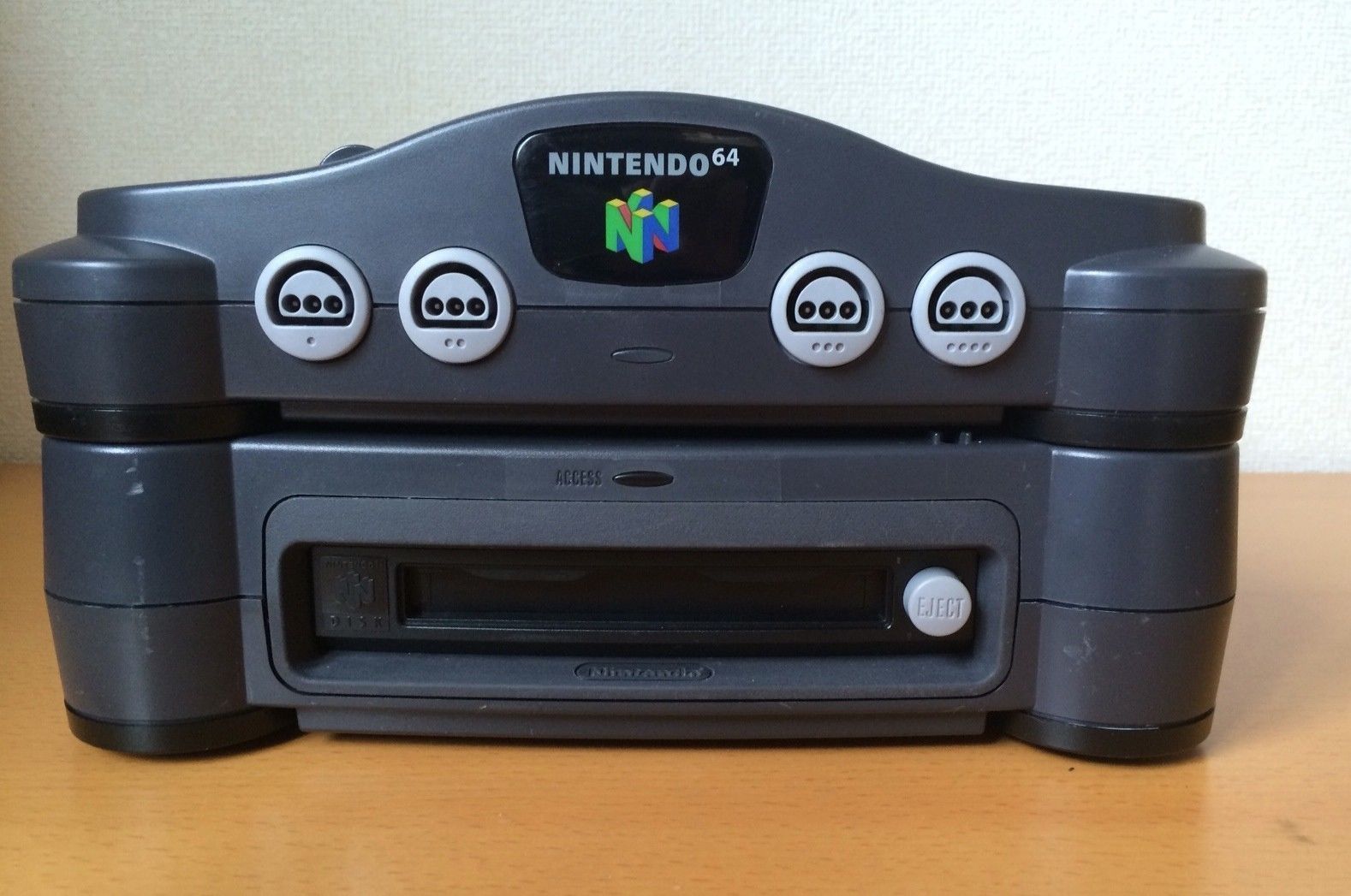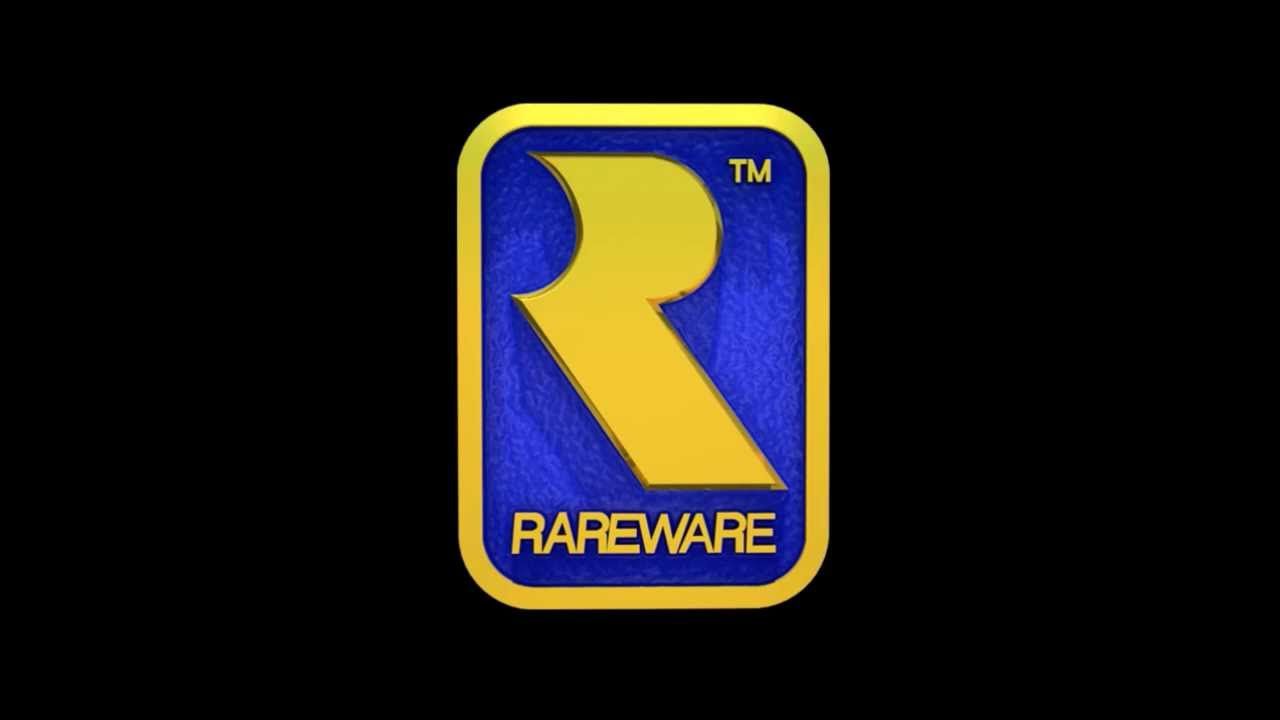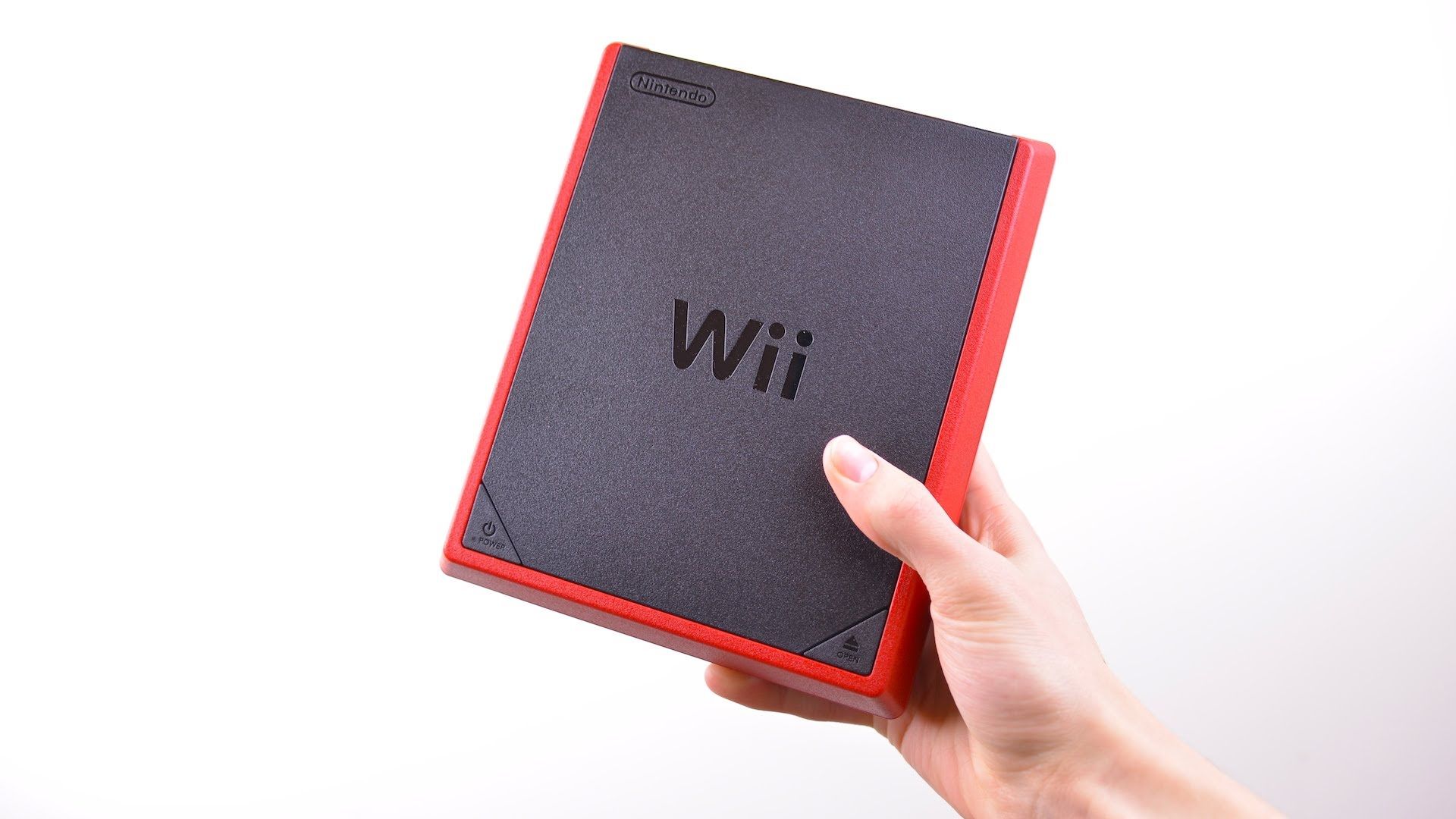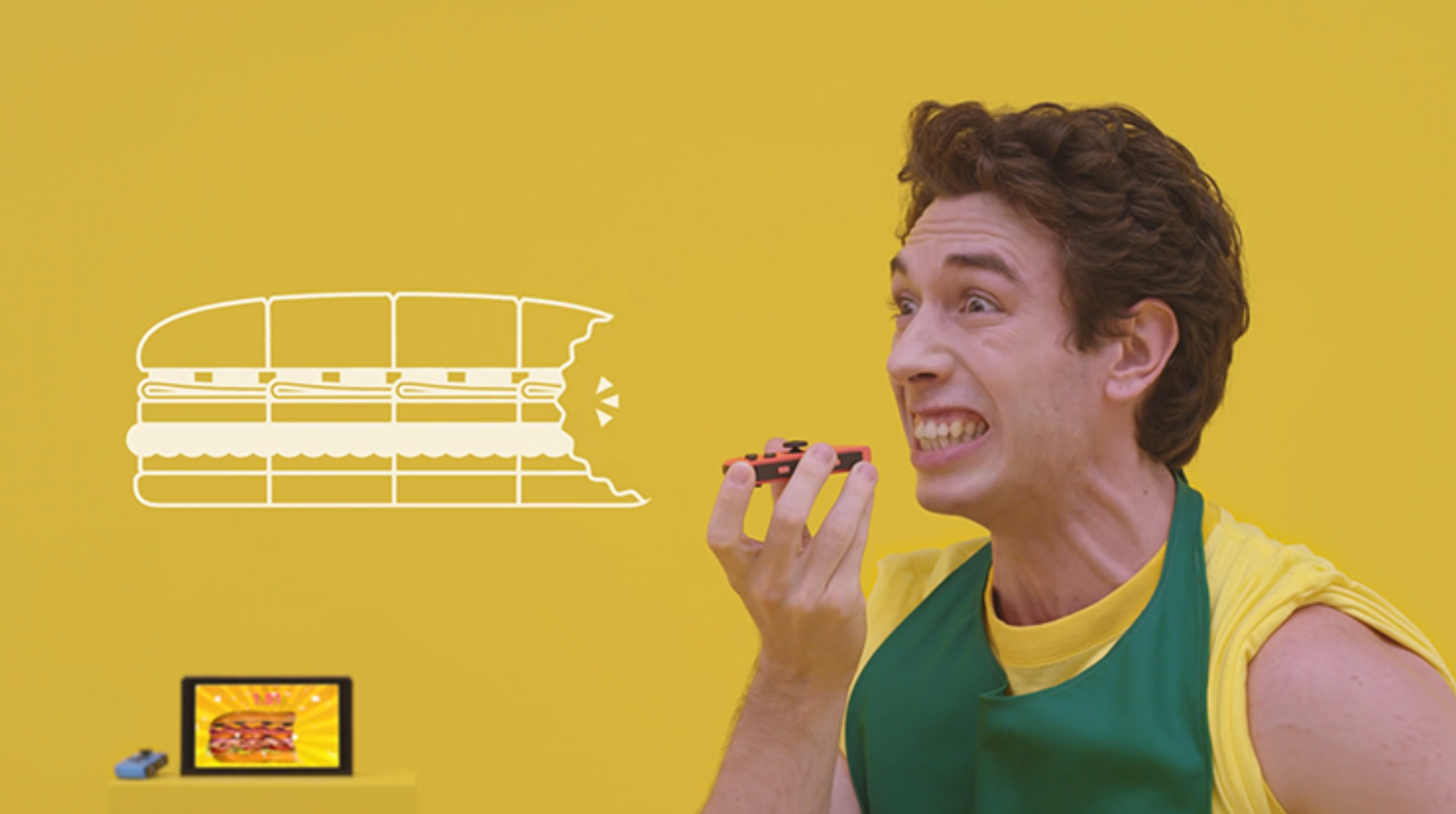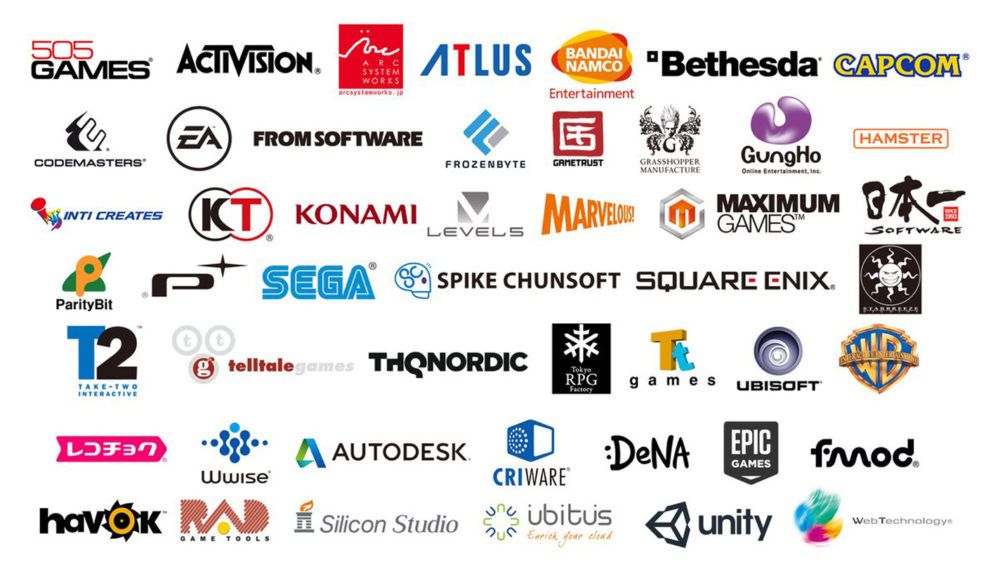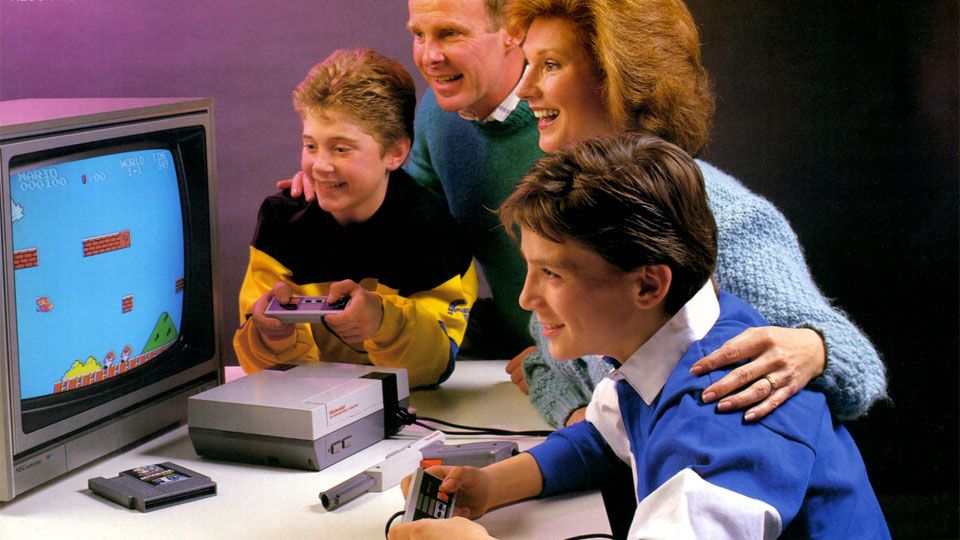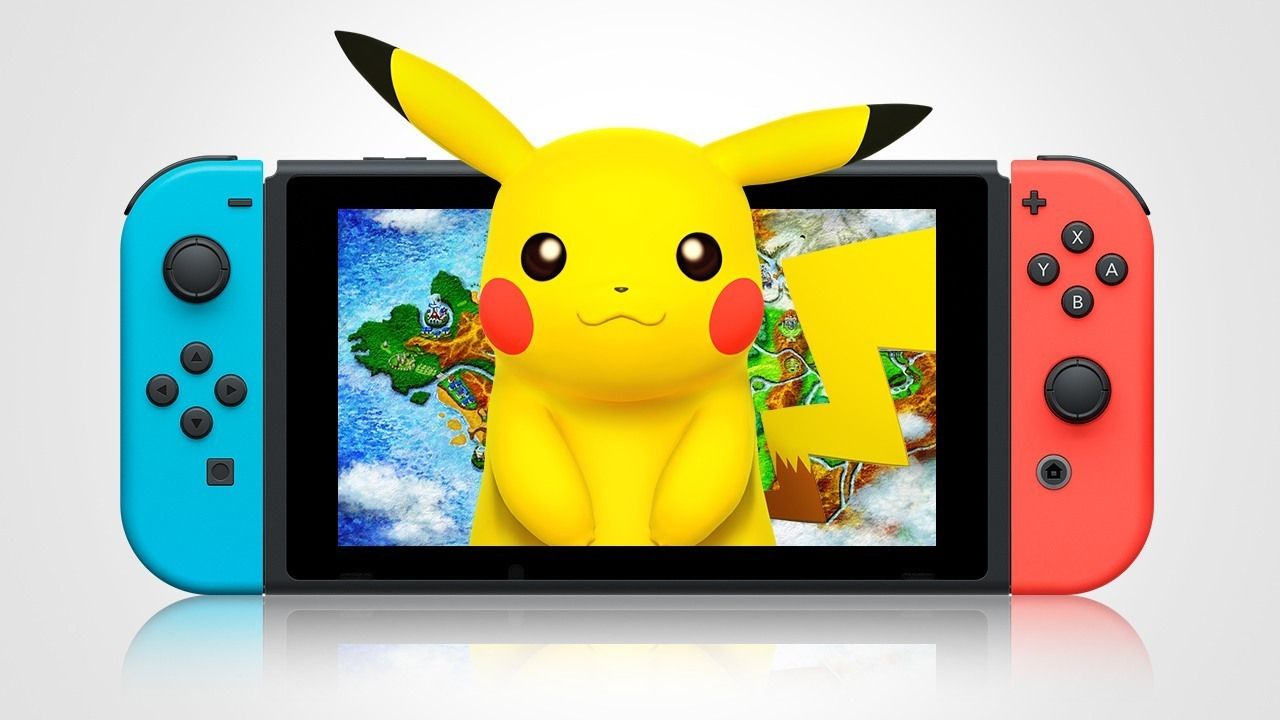I should begin this article with a disclaimer: I am a huge Nintendo fan. If you put me in a room with a Switch, PS4, and Xbox One, I'd pick the Switch every time. That said, part of being a fan is admitting when those you admire make a mistake.
It's no secret that Nintendo has made a lot of mistakes over the years. A lot of them simply come down to poor business decisions. While they are very successful, they would've had the potential to be even more successful had they not made some of their decisions in the past.
The big problem with this is that some of these decisions have caused Nintendo to be a laughing stock in the minds of the public. Regardless if the company creates a good console or game, there are those who will simply get on comment forums and say how they just need to give up.
With that said, I implore you to not let these choices invade how you personally feel about the company as an entirety. Everybody makes mistakes and Nintendo is no different. One big screw up (or in this case, multiple) does not define what a company is overall.
With all of that out of the way, it's time we look at the 15 biggest Nintendo fails in history.
15 Wii U Marketing
After the massive success that was the Wii, Nintendo decided to try and replicate it with their next console: the Wii U. Unfortunately, this attempt severely backfired on them for many reasons.
The first is that the Wii U was named the Wii U. This caused many consumers to be confused as to what it was. Many thought it was some strange peripheral for the Wii that allowed for asymmetric gameplay. The second is that the system itself was marketed terribly. It was never clearly communicated what the console was or why people needed to play it. It seemed to do a little bit of everything, with no focus on one particular aspect. Finally, the Wii U's commercials were also targeted at children. This didn't help their sales at all. Grown gamers who saw those ads simply laughed at the sheer ridiculousness of it all. These factors fit together to hurt the Wii U sales in the long run. Why else would we get the Switch so early?
14 The GamePad
Catapulting off of the Wii U's marketing, the design of the system itself was also fairly problematic. Coupled with this new HD console was a giant tablet with a standard control scheme. Needless to say, it confused a lot of gamers.
The GamePad itself was clunky, large, and difficult to use. Many people today refer to it as a Fisher-Price toy rather than a piece of gaming hardware. While it did have many useful functions like NFC and gyroscope, the pressure touch screen and included stylus were simply there to be gimmicky. Because of the nature of the GamePad, there were about one or two games that put its features to good use. Unfortunately, this meant that Wii U owners were paying for a controller that would never be fully utilized. That upped the cost of the Wii U and made it less of an option for consumers.
13 Virtual Boy
Let's get the obvious choice out of the way. Everyone knows of the Virtual Boy. This somewhat handheld console came out several years ago. Despite its weird design, it was clear what Nintendo was going for. However, many of these ideas were significantly ahead of their time and didn't have the proper technological support.
The console itself had a nearly endless list of problems. The first is that it was extremely uncomfortable to use. You had to bend over to look through those strange goggles while keeping your arms back to use the controller. The second is that it was only capable of producing red colors. This made each and every game a pure nightmare to play. It also had a 3D functionality, but as you might imagine, this feature was gimmicky and not intuitive. It wasn't until the 3DS that Nintendo was able to properly use this function. Speaking of which...
12 3DS Launch
While the 3DS is one of Nintendo's best-selling consoles, it wasn't always this way. When the 3DS was launched, it had only a handful of titles to choose from and none of them were particularly interesting. The company relied solely on the support of third-parties to push their console and the games weren't very great.
Topping this all off was the price of the system itself. The system cost $250, which is the same amount that a Wii would cost you on the market. Because of this and the lack of games, very few people were actually interested in the 3DS. However, it wasn't long before Nintendo realized that they screwed up with the console, issued a price drop, and brought many new and fun games into the library like Super Mario 3D Land and Ocarina of Time 3D.
11 Wii Online Play
When Microsoft created the Xbox, they implemented a stellar online system that would come to define the gaming industry. Consoles from that point on were directly integrated with the capability to play online. At its best, it allowed people to constantly be on their toes when playing their favorite games. At its worst, we were given something like the Wii.
Part of the reason Nintendo gets a lot of flack these days is specifically that of how they've handled their online service that started with the Wii. First of all, there were very few games that supported it. Secondly, the quality of the service was quite terrible overall. Many times, players would disconnect from matches and be forced to reconnect all over again. From there, gameplay would be laggy at best and was generally unfun from start to finish.
10 My Nintendo Rewards
I'll be the first to say how exciting it was when Club Nintendo became popular. To get cool Nintendo swag for purchasing more Nintendo games is a proposition almost too good to be true. However, Nintendo has since discontinued Club Nintendo in favor of something known as My Nintendo Rewards.
Before it was launched, they promised that My Nintendo would be a service vastly improved over Club Nintendo. In short, it's three steps behind. All of the rewards are simply digital software that you can buy with money, discounts on popular games, and wallpapers of whatever Nintendo game is popular. It doesn't give enough incentive to keep purchasing Nintendo games and is a pure joke when compared to what they had in the past. Even when Club Nintendo started going downhill, there were a few rewards that were actually worth the coins- and those coins never expired either.
9 Giving Properties To Philips
Oh, the Philips CD-i. Back in the days when every company wanted their chance at creating the next big gaming console, Philips came out with the CD-i. However, they needed a shot at standing out from the competition. In order to do this, they reached out to Nintendo to ask if they could use popular characters like Mario and Link for their games. Looking back, I wish they had learned to say no.
In one of their worst decisions ever, Nintendo agreed to do this. Then Philips went to work developing Hotel Mario and Link: The Faces of Evil: two of the most hated games in their respective franchises. These games were buggy, unfun, unfinished, and featured some of the worst animation to ever be put on a television screen. No doubt Nintendo learned to think twice before handing their characters out willy nilly.
8 Losing Sony
Believe it or not, there was a time when Sony and Nintendo were getting along nicely. Early on in the console race, while the N64 was being developed, Sony came to the Big N and started working with them on the next console. During that time, there were some creative differences. In that era, discs had become big and became more efficient ways to store data over cartridges. However, Nintendo was adamant about keeping their old model intact. Because of this, Sony walked out.
However, Sony didn't bow out of the race entirely. They knew they were on to something with a disc-related console. This led them to create the Sony PlayStation. Being able to support discs, the system supported larger games than the N64 ever could, including titles like Final Fantasy VII and Oddworld: Abe's Exoddus. Little did Nintendo know that they would end up creating one of their own competitors.
7 Nintendo 64DD
After Nintendo lost Sony, they realized that their now competitor was onto something with the whole disc thing. Because of this, they decided to follow suit and began work on a machine that was compatible with discs. However, instead of creating a new console entirely, they decided to begin work on a peripheral for the N64.
The add-on was known as the N64 DD (disc drive). It sat on the bottom of the console and allowed it to not only read, but to essentially program some games. It was meant to be a developer's console. However, in a move similar to the Wii U, Nintendo failed to directly communicate whom they were marketing to and why people should buy the system. It sold poorly after launch and it wasn't long before Nintendo decided to scrap the project altogether.
6 Selling Rare
Rare is one of those developers that guarantees a quality experience. I fail to remember a genuinely bad game that they were responsible for. When they first got into the gaming scene, they were second-party developers for Nintendo. They created Donkey Kong Country, Banjo-Kazooie, and Battletoads. All of their games were quality entries that helped make a Nintendo console worth owning.
However, somewhere down the road, the big N ended up selling Rare to Microsoft. Since then, Nintendo hasn't been the same. Meanwhile, Rare has been creating games like Gears of War and Kameo for the various Xbox consoles. The games have overall been popular enough to garner a Rare Replay for the Xbox One that compiles all of the developer's greatest projects (save for the ones involving Nintendo characters). There's no doubt that Nintendo has felt extremely silly for voluntarily losing one of their highest developers. Thankfully, they had Retro Studios take over the Donkey Kong series.
5 Newer Wii Models
Story time. After the disc reader on my Wii went bad, I put the funds together to get a replacement Wii. I went out to Best Buy, picked up a black one, and came home excited. However, my excitement quickly turned to disappointment when I realized my new Wii wasn't compatible with GameCube games or controllers and was only functional for Wii games.
For some reason, Nintendo shot themselves and their fans in the foot with the newer Wii models. While they were easier to produce, robbing people of backwards compatibility was a blow that many still haven't recovered from. To make things worse, they later came out with the Wii Mini. While the console was extremely portable, it didn't have any online function and could only play Wii games. Other than that, it was simply a weird looking paper weight that sat on the coffee table.
4 The Peripherals And Gimmicks
It's not an uncommon argument that Nintendo is a company that has useless peripherals and gimmicky controls for their games. While I disagree on some aspects (like the Switch and the DS), there are many times where I would have to agree. Nintendo often times comes up with an idea, implements it into a console, and doesn't do anything with it. Yet they market it as a selling point.
It even started all the way back with the NES. Remember the Power Glove? How about R.O.B.? There is no end to the useless things that Nintendo created to try and innovate the gaming industry. It is something that they continued even in the modern age with the GamePad and the Switch game known as 1 2 Switch that tries to justify the HD rumble. There are times when their ideas are good, but, in these cases, we all see right through them.
3 Scaring Away Third Parties
Here's another common complaint about the Big N: they don't have enough third-party support. What makes this a more bitter pill to swallow is that it used to be there when Nintendo was defining the gaming genre. However, that wis no longer the case, as Microsoft and Sony have been going neck and neck with performance.
Nintendo has frequently created systems that are much different than your standard gaming console. They had smaller discs on the GameCube, cartridges on the N64, GamePad support for the Wii U, and a few more. Because of this, third-parties who wanted to develop for the system had to take the extra time and money to put their games on the Nintendo consoles. Unfortunately, this led to many of them not even bothering and Nintendo lost many partners as a result of this.
2 Family Friendly Console
Don't misunderstand me here. I don't dislike the fact that Nintendo consoles hold many games that can be enjoyed by both kids and adults. They are very similar to Disney and Pixar in this way. The problem is how they've allowed the public to formulate this imagine about the company as a whole.
Nintendo became the butt of a lot of jokes simply because it was "family friendly." It started very early on when they began censoring Mortal Kombat. Because of choices like this, people felt that Nintendo consoles were only for kids and that the hardcore stuff was found with other companies like Sony. Unfortunately, Nintendo hasn't been able to shake this stereotype completely.
1 Not Giving The Fans What They Want
This one deserves some explaining as well. In a general sense, Nintendo hears its fans pretty well. We asked for an open-world Zelda and we got Breath of the Wild. We wanted a massive Smash Bros with third-party characters and we got Smash 4. However, for all of the times they listened to us, there about three more instances where they refuse to open their ears.
First of all, how long has it been since another F-Zero game has come out? When will Mother 3 come to the West? Will we ever get another proper Metroid game? There are so many things that we want that Nintendo hasn't delivered on. The Wii U never saw a true Animal Crossing game for those of you wondering. Then perhaps the greatest tragedy of all is that we have yet to see a full console Pokémon game.

